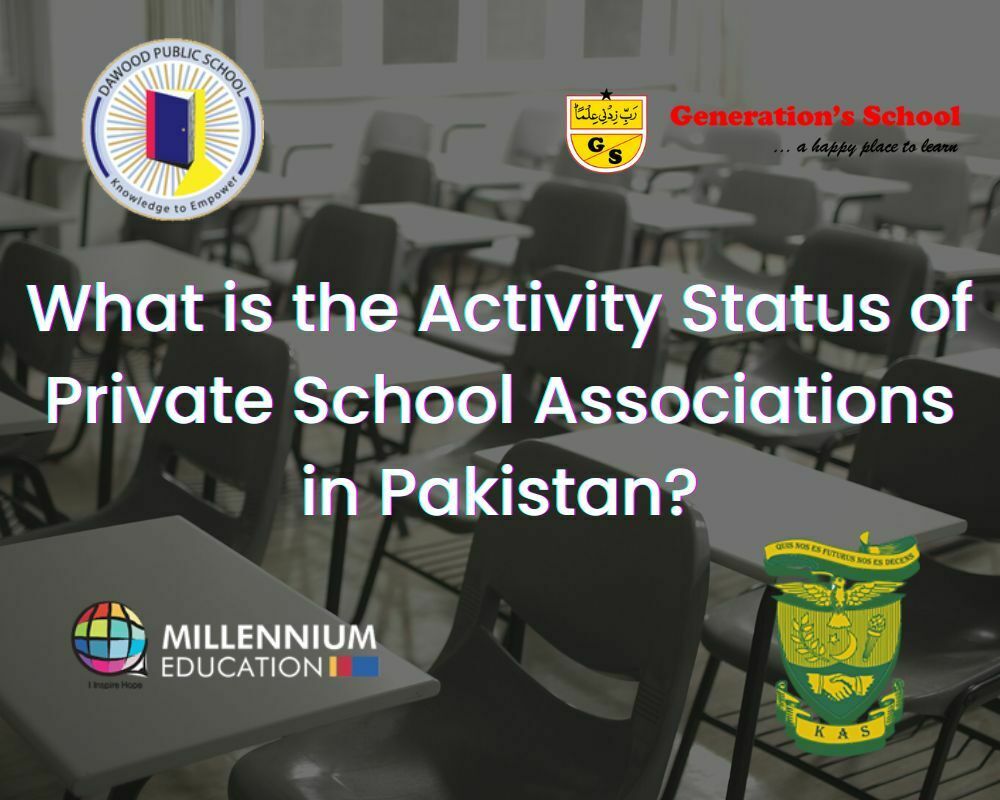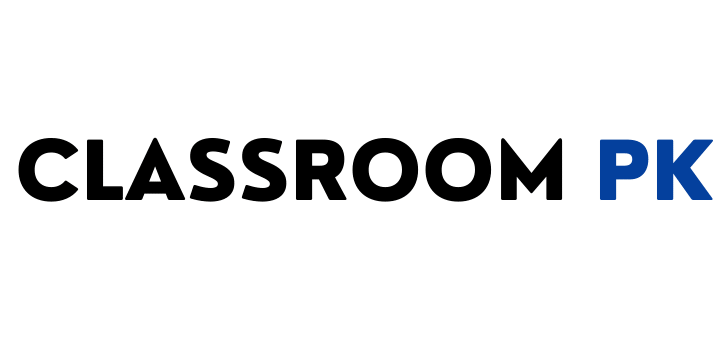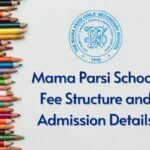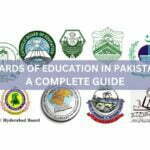All Pakistan Private School Associations Activity Status

With an increase in population every year, Pakistan can be labelled as a very fertile land for investors in the sector of education. Therefore the need to accommodate these new batches remain constant year after year. The government of Pakistan does look into the educational needs of the country however, due to a lack of sufficient budget the plans are not carried out the same way they are intended. Therefore there is a large gap, which has to be attended to.
It will be a good idea to picture the entire Pakistani educational plot to understand where we as individuals stand and how we can utilize these stats for our optimum welfare.
Statistics:
According to research statistics, the number of children of the right age for going to schools in close proximity rounds to 47.5 million amongst which there are 50,292,570 students and 1,836,584 educational personnel.
Pakistan houses over 317,323 educational institutes out of which 120,273 are privately administered. That leaves the remaining chunk of 196,998 public sector institutes. So you can see private schools outnumber public ones, which means they have a clear impact on our government, leading to monopoly. In this scenario, a regulatory body is of high importance. Here, in Pakistan we have more than one; each one for a designated purpose to fulfill.

A Bit About APPSA & Its Objectives:
There is a list of foundations related to the collaboration of private schools only. There is the All Pakistan Private School Association (APPSA) which out scales the rest in the way it represents overall Pakistan inclusive of Azad Kashmir, with its head office in Lahore. This is to ensure a national-level uniformity of education accessible to each and every child nationwide. For this purpose, APPSA has alliances with over 100 institutions across the country.
One of the objectives is to elevate the quality of the standard education, and welfare of the Private schools and other private educational institutions of Pakistan by solving their problem and encouraging the participation and contribution of schools towards nation-building. To expand and improve comprehensive student care and education, particularly for girls and the most vulnerable children. Also to provide free education and facilities for deserving students. To improve all aspects of the quality of education and to ensure the excellence of all, so that recognized and measurable learning opportunity is given to all institutions alike, especially in literacy and essential life skills. To uplift the social status of the teachers and to arrange teachers’ training workshops, and refresher courses to raise the standard of education.
Other Important Regulatory Bodies That Play A Vital Role:
We also have, the Private Educational Institutions Regulatory Authority ICT-PEIRA whose aim is to regulate a unanimous curriculum throughout Pakistan. In fact, they have enlisted the syllabi for each and every grade on their website for ready reference.
Approved List of Textbooks on Single National Curriculum by PEIRA.
Pakistan Alliance Of Independent Schools (PAIS) is yet another big name that contributes to the regulation of school affairs.
Then we have, the Federation of private schools and associations of Punjab which is a registered body, recognized as FAP; a not-for-profit organization. FAP’s main objective is to elevate the standard of education and to guard the rights of its member organizations in Punjab. The main intention of this organization is to make bilateral and functional platforms between national, provincial, and regional private schools.
- A universal code of conduct needs to implement for a constructive overall learning environment.
- In doing so, provide ample core front confidence at district levels to participate in the policy-making in educational matters.
- To be able to collaborate with implementing their takes on the policies with international allies.
- To set a course of actionable measures in the implications of an education bill that is just the right fit for its people.
Similarly, there is a plethora of independent tribe, that is managed at national, provincial, and district levels which focus on regularizing and tackling day-to-day problems faced by private schools. Although the intentions and objectives of each organization are commendable, however, when a situation arises, it has been observed that these associations instead of being on the same page rather create chaos.
Keeping the inconsistency in mind the Idara-e-Taleem-o-Aagahai (ITA) together with School Assessment for School Improvement (SASI) / Institute of Professional Learning (IPL) has advised laying the foundations of a nationwide association of private institutes that should be able to create more pathways and opportunities both for the national and international landscape of the privately administered education world.
FAQs:
Q. How many private schools are there in Karachi?
As per Tribune, Karachi has witnessed an incredible increase of 1500 schools in just the past last 5 years. The stats coming directly from the directorate indicates the 20K private schools that are registered whereas the remaining 12K are still under the unregistered category.
Q. Is APPSA the only federation that rules all the private schools?
No, there are many associations that aim to regulate different aspects of private schooling. However, APPSA represents a large majority of them.




